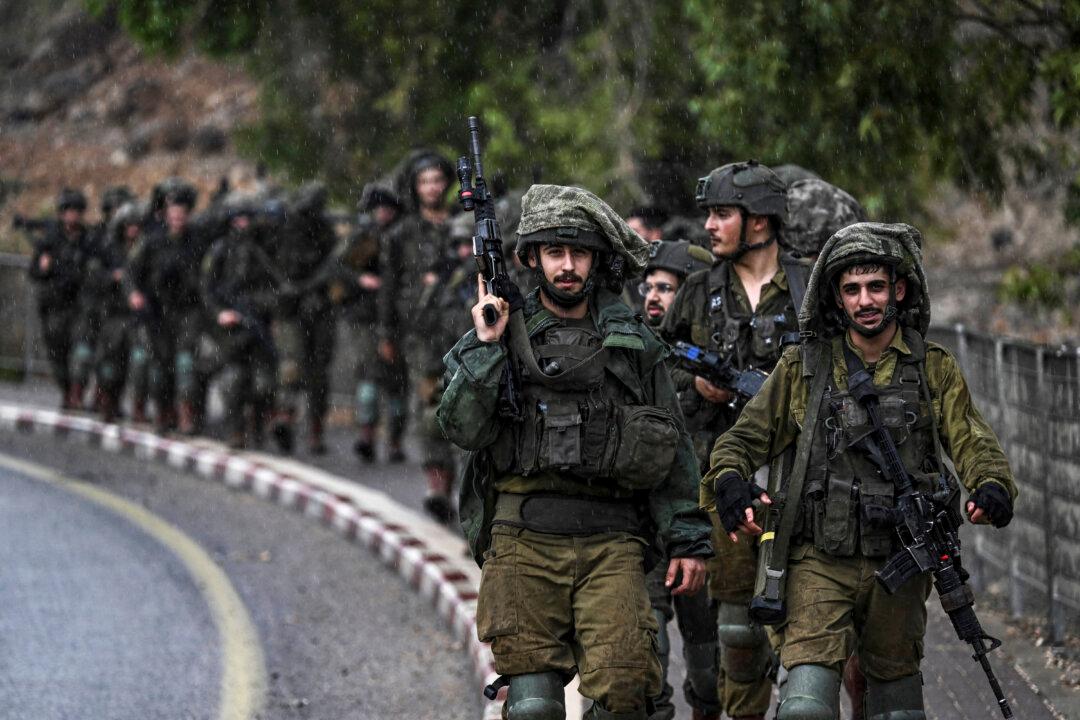Israel will delay the withdrawal of its forces from southern Lebanon beyond the 60-day limit of its cease-fire deal with the Hezbollah terrorist group because the Lebanese army hasn’t deployed fully to the area to enforce Hezbollah’s removal from the region, the prime minister’s office said on Jan. 24.
Under the terms of the agreement, which took effect on Nov. 27, Israel had 60 days to remove the Israel Defense Forces (IDF) from south Lebanon. That deadline is 4 a.m. local time on Jan. 26.





